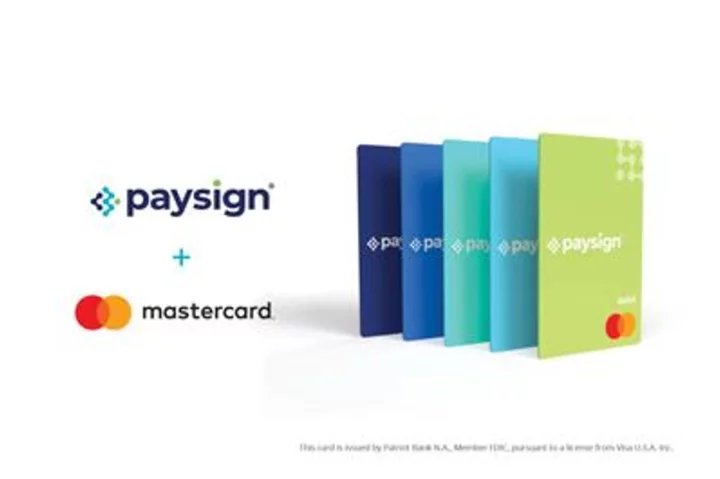OTTAWA (Reuters) -Most financial institutions consulted by the Bank of Canada (BoC) expressed skepticism about the benefits of a potential digital currency, the central bank said on Wednesday.
Canada, like most other countries, is exploring a digital version of its currency to avoid leaving digital payments to the private sector as COVID-19 pandemic helped accelerate a decline in the use of cash.
As part of that effort, the BoC consulted civil society groups, focus groups, financial institutions, and the general public to gauge support and the viability of a digital Canadian dollar.
Feedback received was varied, with civil society and focus groups broadly in support of the idea, while financial institutions and the general public were more reserved, according to a statement from the BoC.
"The need for a digital dollar doesn't exist yet, but we're getting ready in case one day parliament and the government of Canada ask us to issue one," the bank said.
Most of the 36 financial institutions consulted by the bank felt existing digital payment services served Canadians well and that a digital dollar would not offer any advantages over existing private offerings.
Financial institutions were concerned that a digital dollar could replace bank deposits, reducing a source of funding for their operations, the BoC said. The institutions also noted that reducing the physical barrier cash creates could accelerate potential bank runs during a crisis.
A few countries have introduced central bank digital currencies (CBDCs). China is trialling a prototype yuan with 200 million users, India is gearing up for a pilot and some 130 countries representing 98% of the global economy are exploring digital cash.
Earlier this year, a comprehensive survey of the global investment industry on central bank digital currencies showed both limited support and a lack of understanding of how a digital dollar, euro, yen or pound would work.
(Reporting by Ismail Shakil in Ottawa, editing by Deepa Babington)









